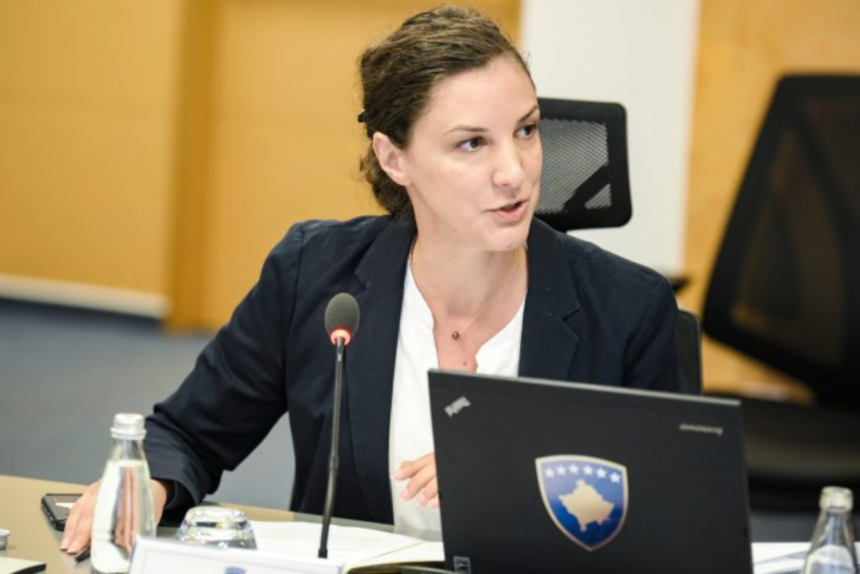Kosovo’s Acting Minister of Economy, Artane Rizvanolli, has shared new data following the launch of the Albanian Power Exchange (ALPEX), emphasizing its importance as a historic achievement for Kosovo and the Western Balkans.
In a post on Facebook, Rizvanolli announced that the average purchase price of electricity yesterday was €64.55 per MWh, while today’s contracted price reached €86.75 per MWh—both described as competitive market rates.
ALPEX: A Milestone Toward Regional Energy Integration
Rizvanolli praised the operationalization of ALPEX as a major step toward energy integration between Kosovo and Albania, calling it a “long-standing dream come true.” The exchange is now the central mechanism through which electricity is transparently traded on both sides of the border.
“ALPEX operates under the strictest European standards, ensuring full transparency and traceability for every transaction,” she stated.
“It is the antidote to the ‘energy mafia’ that has plagued the Balkans for too long—but it has nothing to do with Kurti’s government,” she added, defending the administration’s efforts in clean energy reform.
Liberalization and Competition: What’s Changing in Kosovo’s Energy Market
The energy market in Kosovo officially opened with the first day of liberalized trading on ALPEX. KEK (Kosovo Energy Corporation) secured energy for companies on the free market through this platform. According to Rizvanolli:
- In 2016, there was only one licensed supplier (KESCO).
- As of 2025, 21 energy suppliers are licensed, and at least 5 are active and ready to make offers.
- 1,300 consumers are already in the liberalized market.
This increase in competition is expected to benefit consumers, businesses, and the overall economy.
Challenges and Learning Ahead
Rizvanolli acknowledged that Kosovo, like many regional countries, still has much to learn about operating within a liberalized and EU-integrated energy market. The European market is set to fully integrate by 2030, and businesses must adapt quickly.
“Mistakes might happen,” she said. “But that’s how we grow—to compete in the market and withstand the influence of dishonest actors.”
The government, she assured, will remain transparent and committed to supporting businesses and consumers throughout the transition.







